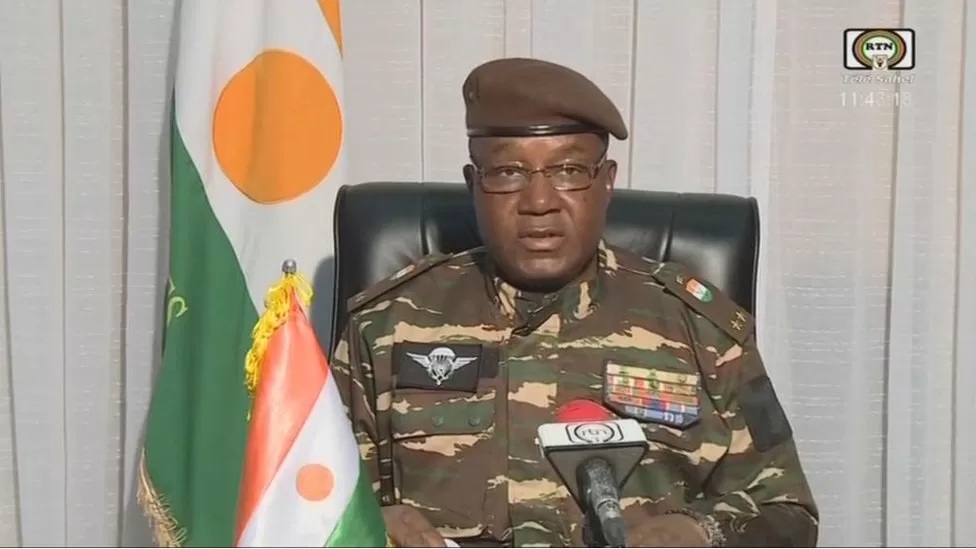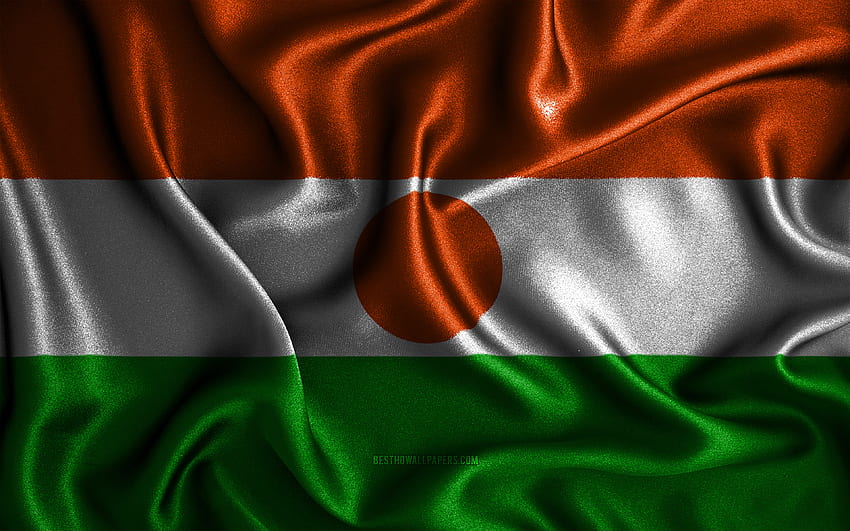The Dramatic Coup in Niger: Gen Abdourahmane Tchiani Declares Himself Leader.
In a shocking turn of events, Gen Abdourahmane Tchiani, also known as Omar Tchiani, has declared himself the new leader of Niger after staging a dramatic coup. The takeover began on Wednesday when the presidential guards unit, led by Gen Tchiani, seized control of the country’s leader, President Mohamed Bazoum. This coup has shattered Niger’s first peaceful and democratic transition since gaining independence in 1960.
Despite the situation, there is relief that President Mohamed Bazoum is believed to be in good health, though he remains held captive by his own guards. President Bazoum was considered a crucial ally in the fight against Islamist militants in the region, making the coup a matter of international concern. It has been roundly condemned by organizations such as the African Union, West African regional bloc (Ecowas), the EU, and the UN.

In a surprising twist, the leader of Russia’s Wagner mercenary group, Yevgeny Prigozhin, has reportedly praised the coup, describing it as a triumph for the people of Niger in their struggle with their colonizers. This further adds to the complexities surrounding the situation.
Gen Tchiani, 62, has been in charge of the presidential guard since 2011 and was promoted to the rank of general in 2018 by former President Mahamadou Issoufou. He had previously been linked to a 2015 coup attempt against the ex-president, though he denied the allegations in court.
In his televised address, Gen Tchiani explained that his junta took over due to several issues plaguing Niger, including insecurity, economic challenges, corruption, and other pressing matters. However, the international community remains wary of the implications of the coup for the West African region, which has already witnessed takeovers in countries like Mali, Guinea, and Burkina Faso.
Moreover, the coup poses a significant blow to the leadership of Ecowas. Just two weeks ago, the bloc’s chairman, President Bola Tinubu, expressed serious concerns about the rising terrorism and the pattern of coups in West Africa, calling for urgent, concerted actions.
As the situation unfolds, there are growing concerns about the alliances the new leader will forge. Neighboring countries like Burkina Faso and Mali have already aligned themselves with Moscow following their recent coups, further adding to the complexity of the regional dynamics. The coming days will undoubtedly be critical in determining the path Niger takes under its new leadership.


